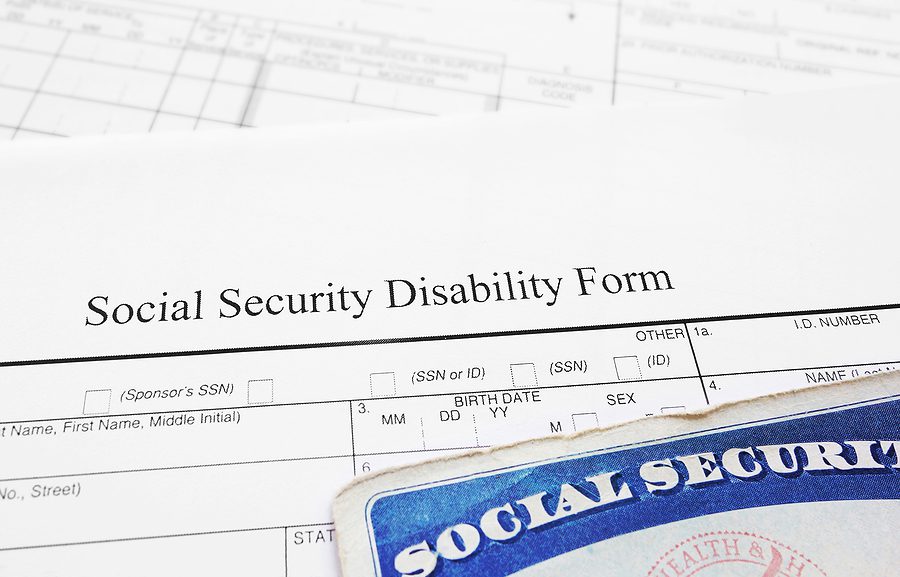
How Do I Know When to Stop Working and Apply for Social Security Disability?
Coming to terms with the fact that you cannot perform your job like you once did is overwhelming. The financial worries, the fear of what comes next, and the uncertainty of applying for Social Security Disability Insurance all can feel paralyzing. What if your disability claim is denied? What if you’re left without any income when you stop working? These questions keep you up at night, making an already difficult situation even harder.
If you’re struggling with the decision to stop working, then you are not alone. There are factors to consider when you decide if the timing is right to apply for SSDI. Understanding these factors can help you make that tough decision when it is time to stop working and apply for Social Security Disability (SSDI).
Do Your Medical Conditions Make It Hard to Work?
Certain jobs are easier to handle with certain disabilities, and this is taken into account when you apply for disability benefits. To be eligible for SSDI, you need to show that you are not able to do your current work, but it will also need to be determined if there is any other work that you can do, taking into account your age, education, and work experience. If, for example, you worked in a physically demanding job and can no longer meet those requirements, but you can transition to a more sedentary role, then perhaps a less physical job may be an option for you. But if your disability or medical condition makes it difficult or impossible to perform any work that would allow you to bring in adequate income, perhaps it is time to apply for social security disability.
Are You Already Missing Work Consistently?
You may be really trying to work, but your condition is causing a significant number of absences to pile up and you find that you simply cannot go in and do your job. If you are consistently missing work, then you are likely already facing the consequences, such as reduced income, risk of being fired, and a stressful work environment.
If you are constantly calling off or taking time off to deal with your medical condition, it’s a good indication that your body cannot handle the demands of your job in your current state. A good rule of thumb is that if you are missing consistently 2 or more days a month, it may be time to consider applying for disability.
Are You Already on Short- or Long-Term Disability?
Many employers offer short- and long-term disability benefits that you can take advantage of. These programs are often easier to qualify for than SSDI and decisions are made much faster.
Also, the short-term and long-term disability plans, may pay you while you apply for disability. Some employees who have short and long-term disability can start with these programs as a way to bridge the gap while applying for SSDI. If you are already receiving these benefits and your condition is not changing, or is getting worse, it may be time to apply for SSDI.
Have You Taken FMLA for Medical Conditions?
If you don’t have short or long-term disability through your employer, then do you qualify for FMLA leave? The Family Medical Leave Act prevents your employer from eliminating your position or letting you go while you are facing medical challenges. Depending on the severity and need, the leave may be taken all at once or via intermittent leave. While FMLA protects your job, one of the drawbacks is that FMLA may be unpaid leave or your employer might require you to use any paid leave before using unpaid leave.
Are You Able to Juggle Your Medical Appointments?
A disability doesn’t just impact your physical ability to work, but it also takes a lot of time to manage, and you may not be able to juggle all your appointments along with your job. If doctor and therapy appointments are filling your days, it’s difficult to keep your work schedule. In the short term, this may be manageable. Your employer can give you the time you need for therapy, treatments, tests, and follow-ups. However, if your condition is chronic and the time you need to spend in medical offices managing it is not expected to decrease, it will definitely impact your ability to do your job if you are missing 2 or more days a month.
Is Your Condition Not Improving?
The goal is always to get better. No one wants to think of facing a lifetime of disability. However, the reality is that not every injury or medical condition will improve. One of the eligibility criteria you need to meet to qualify for SSDI is a condition that is expected to result either in death or is not expected to improve for a minimum of 12 months. If you are not getting better and don’t expect to improve for at least a year, you may be eligible for SSDI.
Do I Need to Quit Before I Can Apply for Social Security?
Knowing that it can take months for your application to be approved, and knowing that many initial applications are denied and will have to go through a lengthy appeals process, it can be daunting to think of waiting months for a decision with no income because you’ve had to quit your job due to your condition.
Even though you may receive back benefits that will cover the waiting period, if you don’t have a safety net, it’s scary to think about quitting your job before applying for benefits. However, it’s difficult to claim that you need benefits because you are unable to work while you are still working. This is where using the short or long-term disability provided by your employer can help. If you aren’t sure about what to do, then talk to an attorney who is experienced and knowledgeable about SSDI to advise you on how to proceed.
Accepting the fact that you can no longer work is difficult, both emotionally and financially. However, when you can no longer do your job, it’s time to find a new way to move forward, and SSDI is there to protect people like you who need to accept their new limitations. The sooner you apply for SSDI, the sooner you may begin to collect benefits.
The SSDI process can be complex, and making the right decisions about when to stop working isn’t always clear. If you’re unsure about your next steps, seeking guidance from an experienced disability attorney can help you navigate the process and improve your chances of approval. Don’t wait until your financial situation becomes unmanageable—take the first step toward securing the benefits you deserve today. Contact Arthur Law Firm right away (419) 782-9881 for a free consultation. We can help guide you through the first steps toward securing the disability funds you need.
